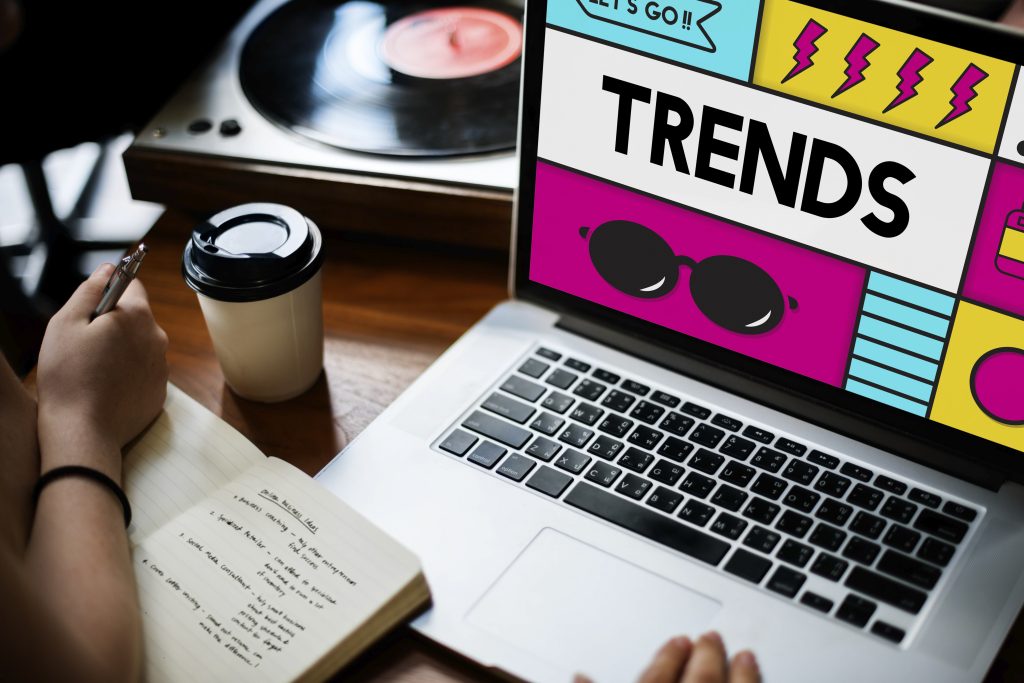
Cloud adaptation has gained traction, particularly as organizations view it as a key driver for digital transformation. Moreover, the pandemic has further fueled these cloud migration initiatives. Consequently, many companies have migrated to the cloud to support remote work, adapt to challenges, and embrace new business models. Furthermore, sustainability and future-proofing have become indispensable concerns for organizations. These essential needs consistently push organizations to shift gears to align with strategic plans and respond to macroeconomic factors. Therefore, let’s look at the top nine trends driving cloud migration in 2022 and beyond.
1. Technology and human factors can align better
The need for advanced technology, innovative applications, and scalable services drives these large-scale transformation efforts. But that’s not all. There are also other factors like transparency, worldwide access, around-the-clock accessibility, political discord and socioeconomic factors – all have played their role as catalysts to accelerate the rate of cloud adaptation across the world.
The pandemic was a huge strike on every business that aligned human interests and technology fast and concretely. Organizations have driven towards cloud efforts to get an effective solution to their business needs.
2. Migration inspires improvement and modernization
Initially, several organizations considered migrations to the public cloud just as a fast and easy way to replace data center infrastructure with VMs and storage. And, in most cases, lift and shift was the ideal one just to migrate an app without any change. After the migration, people realized that the lift-and-shift approach could not unlock the cloud’s true potential. Enterprises cannot enjoy cloud-native facilities.
So, many cloud adopters are now looking for refactoring or modernizing their existing critical applications to enjoy all cloud-native benefits. This is one of the most profound trends driving cloud migrations. Organizations desire to update their critical applications as part of the process improvement, remove outdatedness, and achieve more transformational business outcomes.
3. Acceleration of digital transformation
Since 2020, several organizations have accepted digital transformation as a fundamental business requirement and have taken steps forward. Initially, digitalization was the initiative to bring traditional business online and adopt tools and technologies to develop customer-centric products or services – developing innovative products to offer better experiences to customers.
Over time, the situation has changed. Currently, more businesses are considering digital transformation as the initial step to move towards multi-cloud and hybrid cloud architectures, edge computing, serverless computing, anything as a service, containerization, and mobile cloud computing.
4. Analytics drives data migration
Business owners form cloud migration strategies to help track the rapidly changing business environment. Usually, cloud service providers provide support through tools that can weave data into new analytics and apply business intelligence (BI) to maintain pace with business changes.
Many managed IT services vendors focus on improving their analytics tools, and many have already produced industry-specific analytics offerings. While companies face challenges in making on-premises data warehouses more agile, these modern cloud services can make it easy to incorporate BI and analytics workflow. It will allow them to take advantage of richer data streams across supply chains and new data services.
5. Distributed cloud expands
Along with the trend of application modernization, developing effective migration strategies has become crucial for organizations considering multi-cloud and distributed cloud opportunities. Initially, organizations often deploy workloads in more than one cloud, either due to an accident or lack of coordination. But, nowadays, companies prefer a multi-cloud strategy considering the specific value of the different clouds. In this way, an enterprise can enjoy to benefits of best-of-breed services across cloud providers.
In addition, the latest connectivity options, like 5G, can make cloud services easy available at the edge and in on-premises locations.
6. Improved user experiences are the key
Current remote working practices have changed the expectation of both employees and consumers – everyone looks for a better digital experience. And this expectation change is a driving force behind cloud migration in many organizations. Both users and consumers are now looking for the convenience and modern experience that they can have with extensive media and social media platforms. All these can contribute to all aspects of their digital lives.
Therefore, organizations must consider their overall digital experience ¾ for both internal and external users as a part of their cloud migration strategy. Cloud services can also help organizations to understand the requirement of users by making rapid prototypes and testing different user experience (UX) ideas to identify what is most useful to users.
7. Templated processes accelerate cloud-native efforts
Currently, organizations prefer cloud-native technologies the most to improve their applications’ performance and scalability. But, the absence of proper strategic planning and expertise in the support services can make the cloud-native journey long and troublesome. To avoid such situations, enterprises are more interested in having a templatized approach for their cloud journey.
As cloud-native adoption grows, enterprises are becoming reluctant to depend on the gut feelings of developers and architects. They prefer a concrete, templatized approach to make their migration journey safe and effective.
8. FinOps gains momentum
Enterprises also prefer cloud adaptation, even from an ROI perspective. The requirement of balancing financial considerations and the business’s technical needs has created the development of financial operations (FinOps) – a new role in many organizations. So, the demand for FinOps executives is quite high in progressive enterprises. A FinOps executive must be a cross-functional practitioner bridging IT and finance teams and help to optimize cloud use and increase business value.
Conclusion:
Over time, people’s ideas about cloud adaptation and utilization have changed. A rapid change in the cloud environment has made several organizations move towards cloud adaptation. You can consider a cloud IT consulting services provider to make your cloud journey smooth, effective, and quick. A cloud-managed IT services partner is the right one to guide you through your migration journey and make your future bright and dynamic.